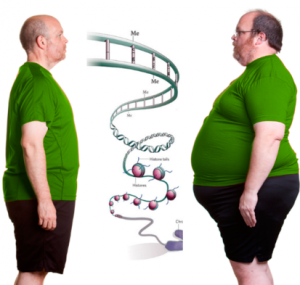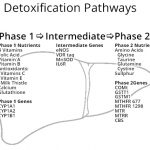HOPE FOR PEOPLE WITH OBESITY PREDISPOSING FTO GENE
There are now over 62 per cent of adults in the UK overweight or obese and this figure is set to rise. The common attitude is that obese people should be ashamed – it is their fault, they have no will power and if they could just ‘eat less and exercise more’, the problem would soon be solved. Yet, despite millions of pounds being spent on this simple message, the UK is getting fatter every year.
ASSESS THE LIFESTYLE AND ENVIRONMENT:
Sleep Deprivation, Low Mood and Food Cravings
N ew studies are shedding light on why people eat unhealthier food and more of it when they do not get enough sleep. The conclusion of these studies is that when deprived of sleep, the individuals had a greater activation of the endocannabinoid system, which was involved in reward-driven or pleasurable eating.
ew studies are shedding light on why people eat unhealthier food and more of it when they do not get enough sleep. The conclusion of these studies is that when deprived of sleep, the individuals had a greater activation of the endocannabinoid system, which was involved in reward-driven or pleasurable eating.
A lack of sleep also decreases our leptin hormone, which inhibits hunger, and increases ghrelin, which induces hunger. Research has found that sleep-deprived individuals crave salty food the most, followed by sweet and then starchy foods. When individuals were allowed to eat what they wanted, those who ate more fibre had more slow-wave sleep, whereas those with a higher saturated fat intake had less slow-wave sleep. Additionally, a greater sugar intake was associated with more arousals in the middle of the night.
Sleep is also important for regulation of methylation. Both MTHFR and COMT are also involved in methylation.
CLIENT MOTIVATION IMPROVES
Using this extra information is a powerful tool and will give your client the motivation to help lose weight. Remember, your client’s DNA is not set in stone and with your help, the nutritional and lifestyle changes you recommend will go a long way to help change their health destiny.
ADDITIONAL READING


